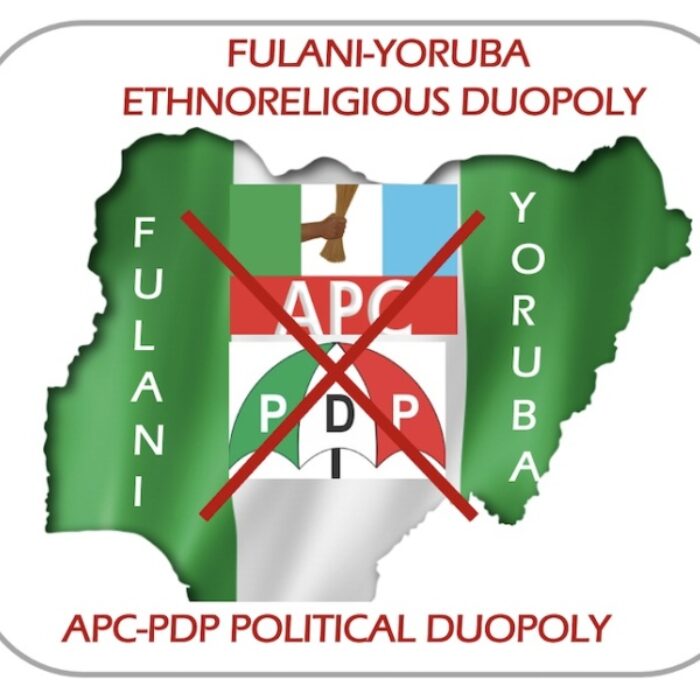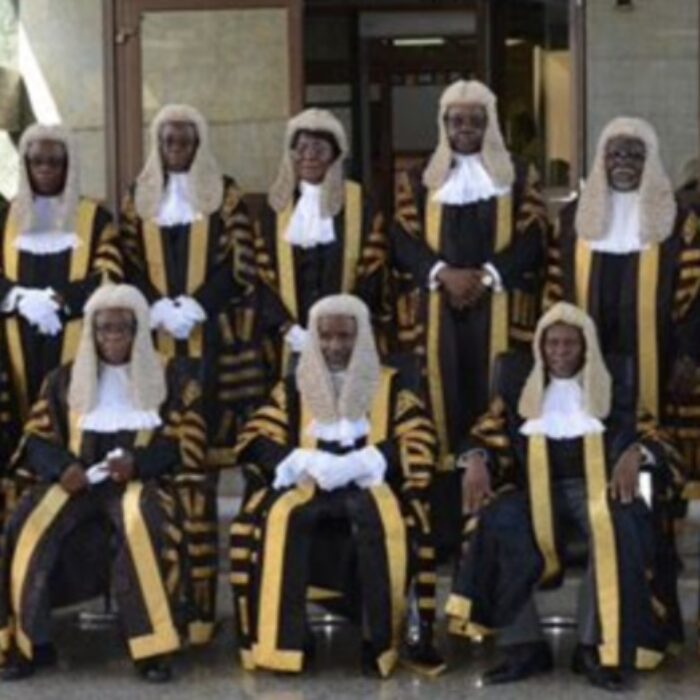By Nnaoke Ufere, PhD
The imperative for President Tinubu to address the nation is unquestionable. Recent developments stemming from the release of academic records by Chicago State University (CSU), under the directive of a US judge, have placed him in a critical position that necessitates comprehensive explanations both at the national and international levels.
In essence, these disclosed records have exposed a web of troubling inconsistencies, spanning from his admission credentials to his graduation diploma. For example, Tinubu’s claim of graduating from Government College, Lagos, in 1970 has been contradicted by the fact that the college was not established until 1974.
This discrepancy strongly suggests fraudulent representation concerning the A-levels grade he supposedly earned and submitted for admission. Further, the admission transcripts from Southwest College also seem to be fraudulent, as they are associated with a female. If this is indeed the case, it constitutes a criminal act of identity theft. It should be noted that CSU confirmed Tinubu’s graduation from the institution.
Moreover, the diploma he submitted to the Independent National Electoral Commission (INEC) as a qualification for his presidential candidacy has been cast under scrutiny, with a CSU official disavowing its authenticity under oath. This raises doubts about the legitimacy of other documents he submitted to the INEC.
As a result, President Tinubu’s reputation has been severely tarnished, with Chicago State University publicly, albeit diplomatically, undermining the authenticity of the diploma he submitted to INEC as fraudulent. This revelation has reverberated across the international community, particularly among the investors and creditors he has been courting, eliciting concerns regarding his integrity, trustworthiness and reliability.
His admission credentials now stand under a cloud of suspicion, and under mounting pressure from students and alumni, CSU’s academic integrity committee is actively considering the possibility of revoking the degree conferred upon Tinubu, pending further investigation into the authenticity of his admissions credentials. This deliberation is underway, with insights from sources who prefer to remain anonymous.
In this pivotal moment, sympathy does not lie with President Tinubu, but rather with Nigeria, as the world now witnesses what many Nigerians had long suspected—Mr. Tinubu’s questionable character and morality.
Once more, President Tinubu’s character raises substantial doubts about his suitability for public office, echoing the ancient wisdom of Heraclitus: “A man’s character is his fate.” A deficient character undermines all other qualities that define an effective president.
While acknowledging that the president is a human being like the rest of us, I also recognize his unique role as a guardian of the nation’s reputation and a symbol of its trustworthiness.
Consequently, I expect President Tinubu to uphold the dignity of the office and the moral fiber of the nation. He should exemplify the highest standards of ethics and morality that young people aspire to and emulate. When he, as is the current situation, exhibits dishonesty and a proven lack of integrity, he fails to fulfill this essential duty, leading to adverse consequences for the nation.
There is no denying that the unveiling of President Tinubu’s character deficiencies, now prominently displayed on the world stage, presents a substantial reputation risk for Nigeria. It prompts serious questions about whether Tinubu can be regarded as a dependable leader if he is vulnerable to potential blackmail. At present, his standing in the world has significantly eroded.
In many other nations, his actions would likely warrant impeachment by the National Assembly. In fact, unless he promptly and openly addresses the concerns of the Nigerian public regarding this issue, I wholeheartedly stand with many Nigerians in supporting the call for his impeachment.



